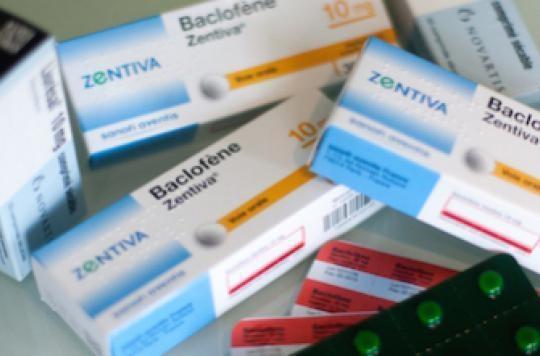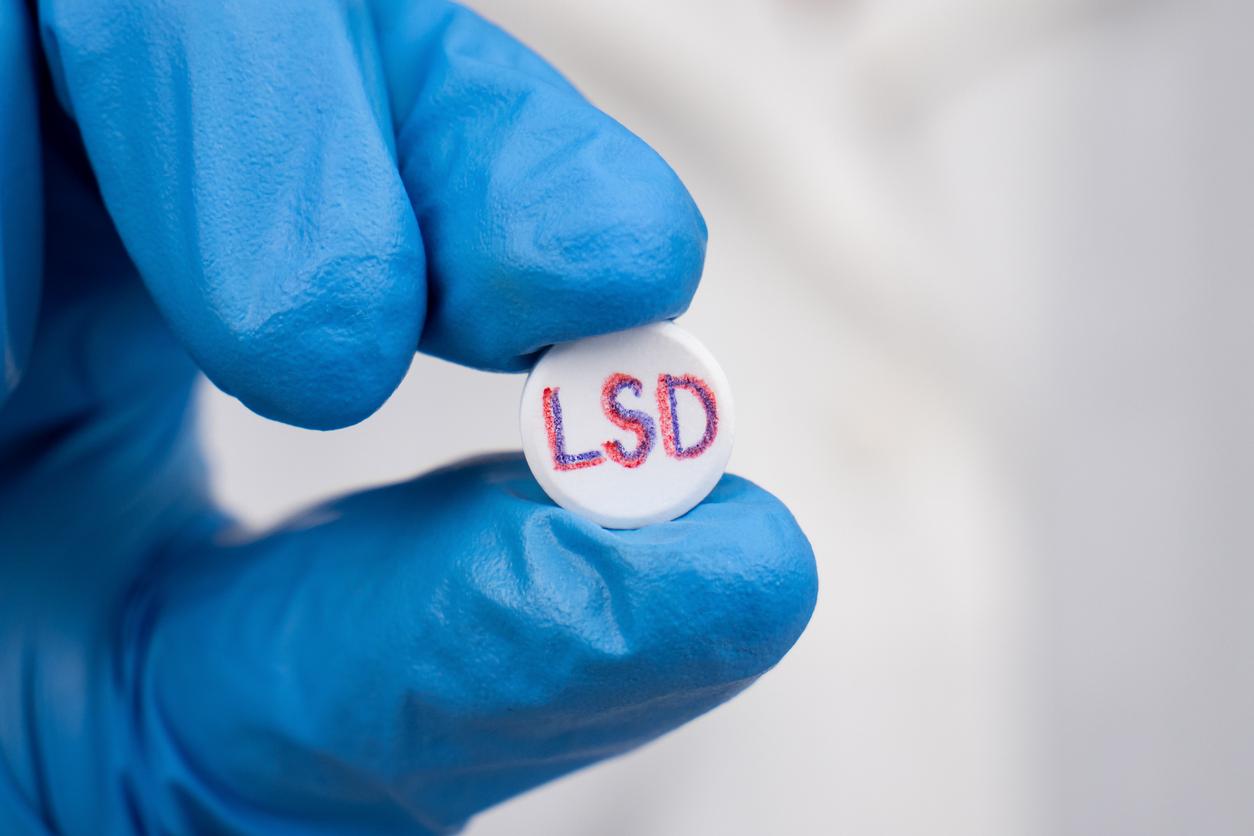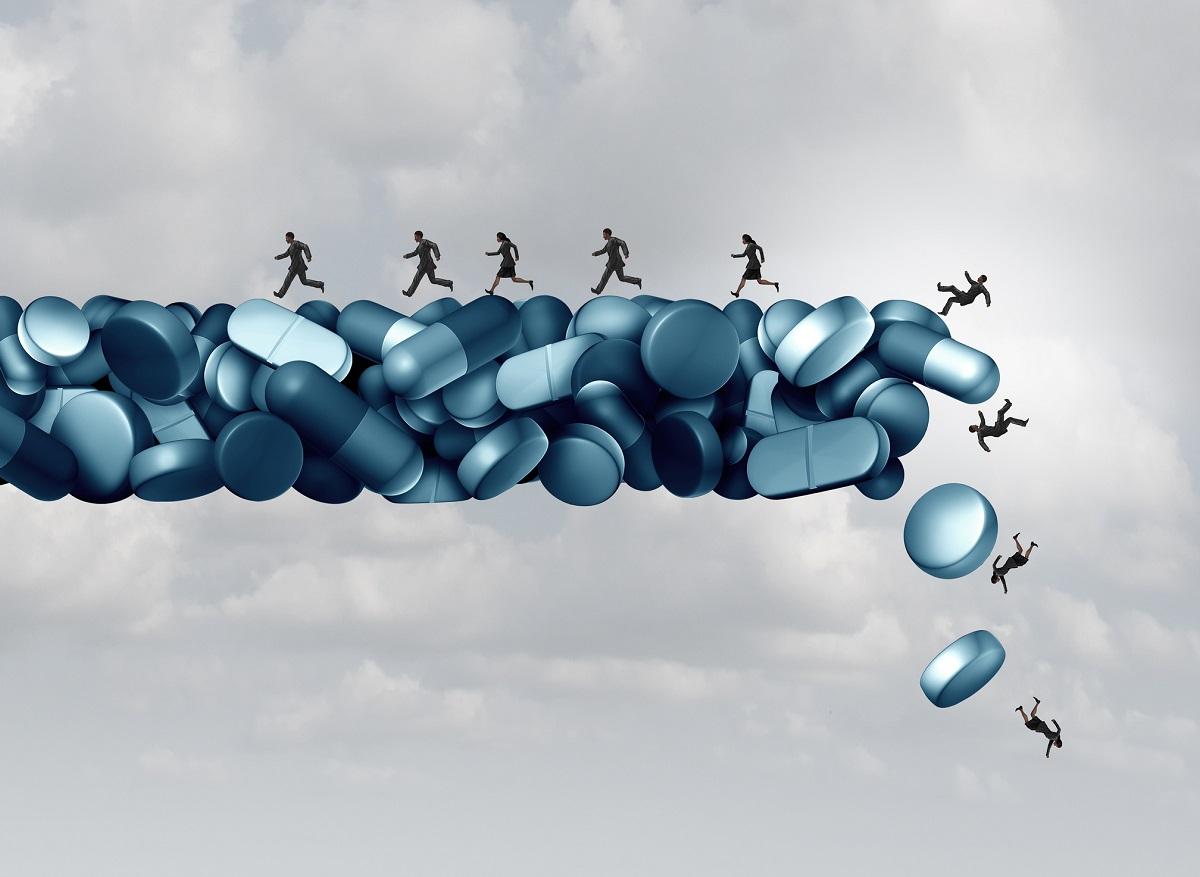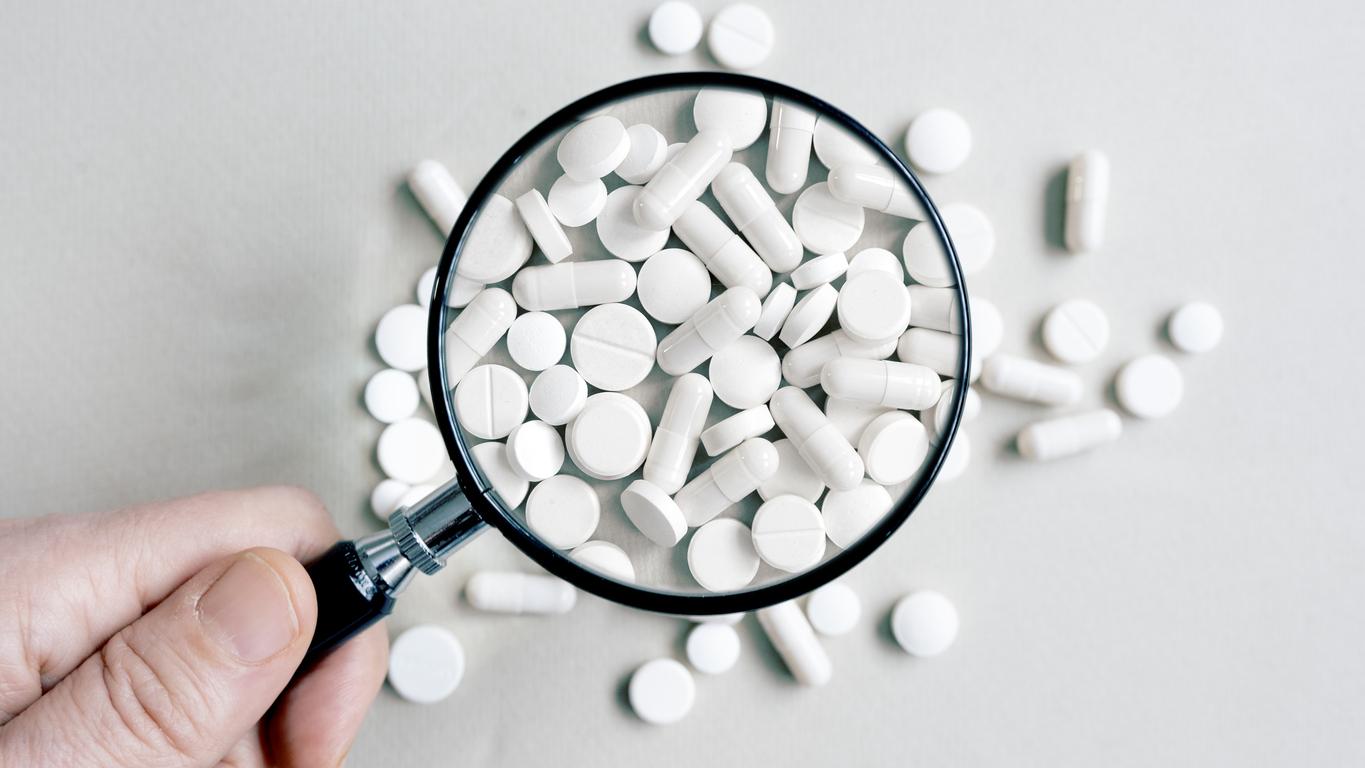In a study conducted in the west of France, researchers highlight a significant risk of serious intoxication and alert prescribers.

Gradually, as studies progress, science is refining the profile of baclofen. The drug, originally designed to treat muscle contractures associated with multiple sclerosis, is also used in alcohol withdrawal. In order to assess the benefit-risk balance of this drug, to supervise the prescriptions and to monitor the patients, the ANSM has set up a Temporary Recommendation for Use (RTU), at the end of which the laboratory will request an extension. marketing authorization for alcohol dependence, taking into account all the scientific data.
Of which the latter to date, published in the review Basic & Clinical Pharmacology & Toxicology. Led by the Grand Ouest de la France poison control center, which covers a population of 12 million patients, the study looks at the risk of overdose linked to baclofen. It extends the results of previous work carried out at the national level, which reported a significant increased risk of voluntary and involuntary poisoning (nearly 300 overdoses observed between 2008 and 2013, including nine deaths).
Psychiatric history
In the last study, the authors looked at the profile of voluntary poisoning, comparable to suicide attempts. A total of 111 cases of voluntary overdose were counted between 2008 and 2013 in the West. Among them, the centers noted 46 cases of serious poisoning, including four deaths.
The severity of the cases was strongly related to the presence of psychiatric disorders in these patients. The symptoms were mainly neurological and cardiovascular. “Baclofen, prescribed in high doses, can lead to severe poisoning, particularly in patients with psychiatric disorders,” write the authors.
However, this is precisely where the shoe pinches. The efficacy of baclofen has been observed at high doses (150 mg on average, which can go up to more than 300 mg, against 20 to 80 mg for the multiple sclerosis indication).
“As the prescription is monthly, patients find themselves with very large quantities of boxes of medicine at home, they can have up to nine grams of baclofen”, explains David Boels, clinical toxicologist at the poison control center of the University Hospital of Angers, who participated in the work. This actually increases the risk of a massive overdose.
“Relative contraindication”
In addition, the prevalence of psychiatric disorders and episodes is higher in alcohol-dependent or withdrawn patients, which raises the question of the safety of prescriptions in this population. “In principle, baclofen should be the subject of a relative contraindication in patients with a psychiatric history,” continues David Boels. This means that the prescription is left to the discretion of the doctor who assesses the benefits and risks, but he must still be informed ”.
However, to date, the RTU has gathered few doctors, most of them continuing to prescribe it outside of this framework. In this context, information can escape them.
Currently, two uses of baclofen are emerging. Some addictologists advise to increase the doses if the first days of treatment show no efficacy, while others believe that the absence of effects will only be confirmed by increasing the dosage.
Secure prescriptions
From there to saying that baclofen was at the origin of voluntary intoxications, that the pharmacological profile of the molecule was responsible for the suicide act, there is only one step that is still forbidden to take. . “Like any psychotropic drug, baclofen can disinhibit and promote the act, but as these are patients who have a fragile ground … At this stage, it would not be serious to conclude that there is a cause and effect link. “.
The question posed by this work therefore relates to the safety of the prescription and the dosage, which the authors invite to adapt according to the patient’s psychiatric profile. “We could also split the delivery, so that the patient does not have a month, but two weeks of treatment on him.” On the laboratory side, the researchers suggest conditioning in the form of a prolonged release.
“But it is above all a question of alerting. We want to insist on the fact that baclofen is not a harmless drug, that it can be the cause of serious poisonings involving the life prognosis ”, explains David Boels.
Other studies are in progress, focusing in particular on the concentrations of the molecule in the blood of patients treated. The first results, still not validated, indicate high rates and confirm that the fear of an overdose should not be swept aside by the relatively favorable data on the effectiveness of baclofen.
.

















